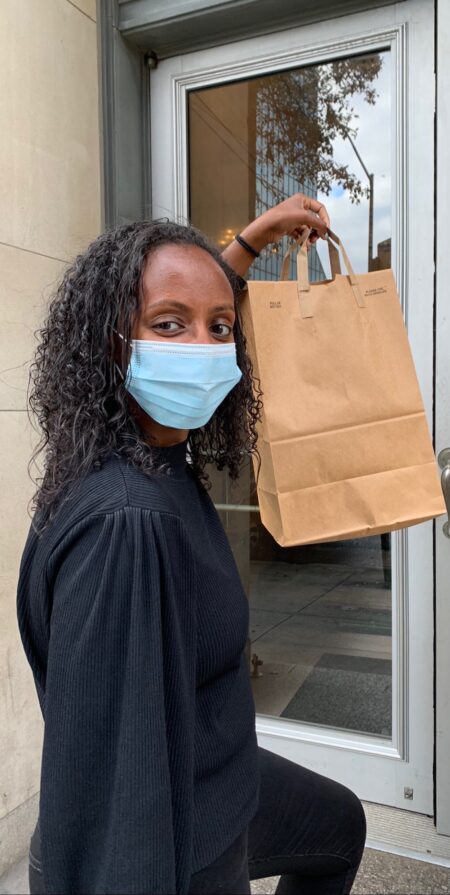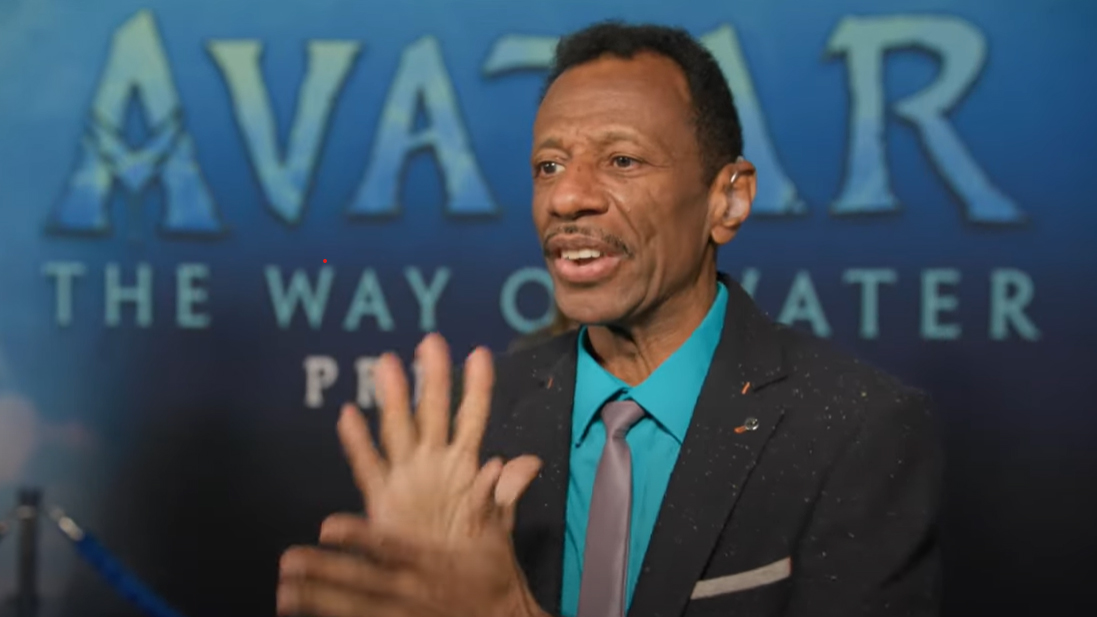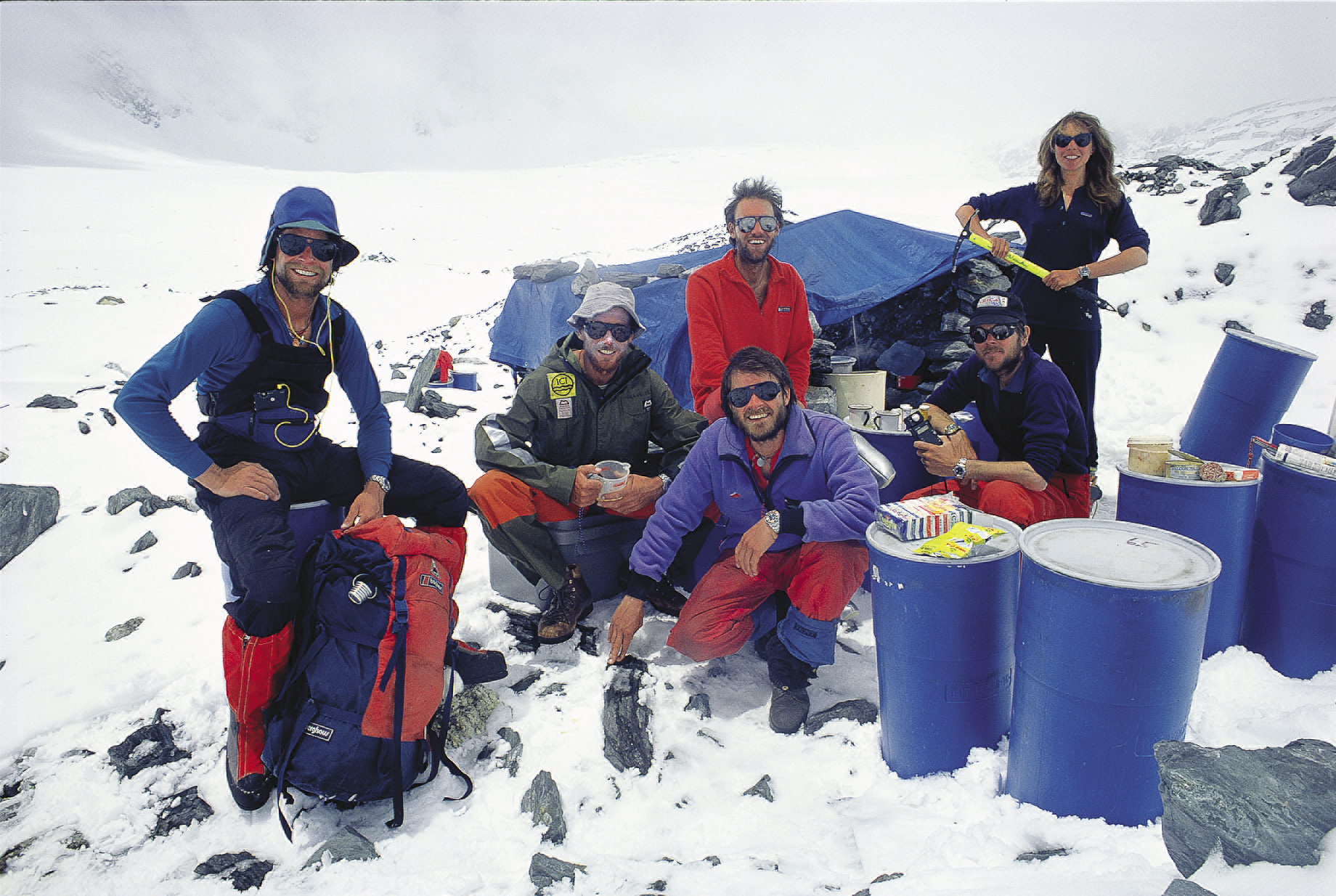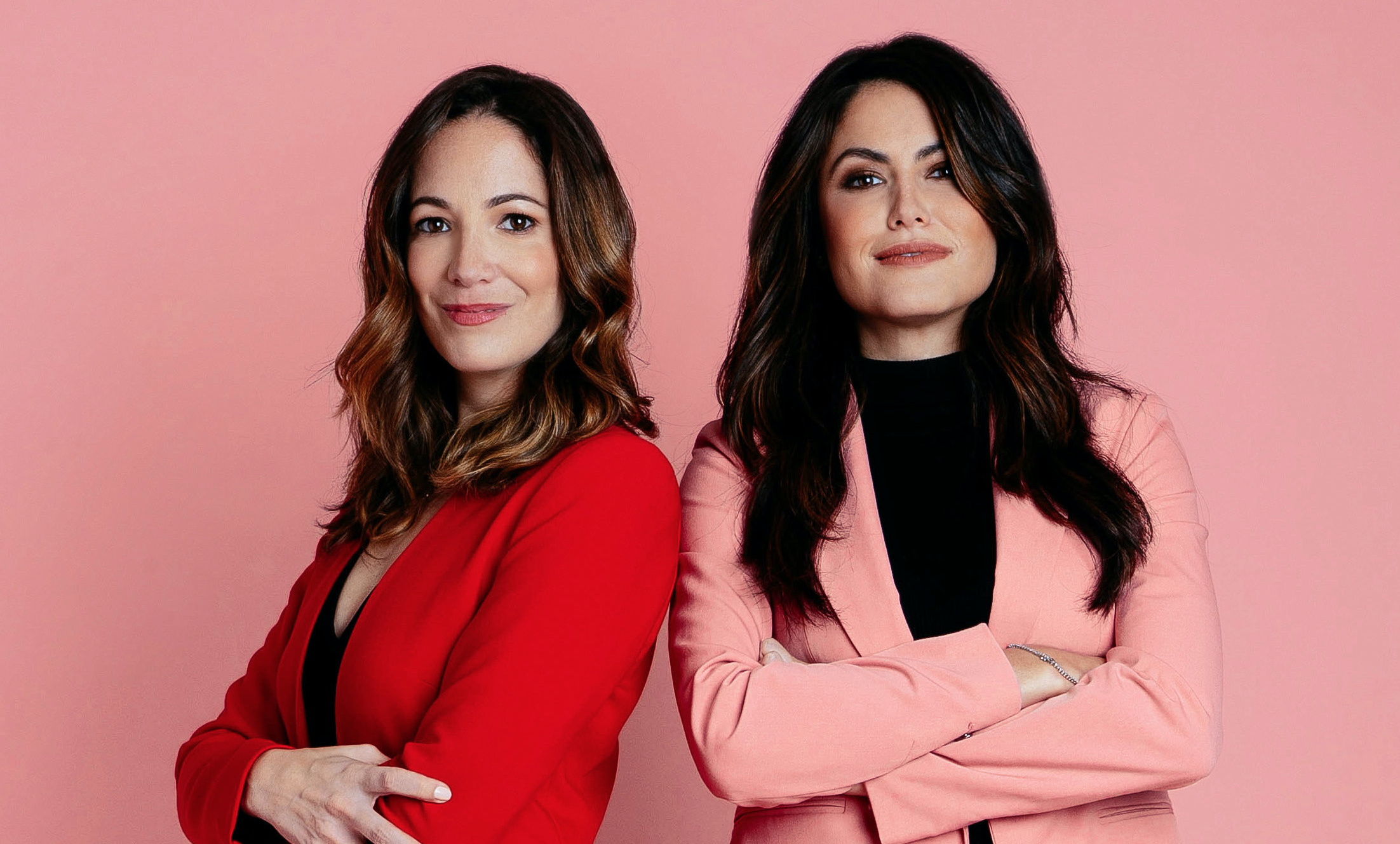
If there was one word that can sum up the global pandemic, it is isolation. And it’s not just about being isolated from friend or colleagues, which is bad enough and brought to light the importance of mental health. Isolation meant that for many people, they were cut off from daily services and support networks due to their job status, age or other health factors.
As a society, many of us realized the importance of everyday interactions, staying in touch with people, and going out of our way to help those less fortunate or in need of assistance. While the statistics around women in the workforce and working mothers was especially grim during the height of COVID, not all data related to women was abysmal.
According to data from Facebook, women have overwhelmingly turned out to help people overcome challenges related to the pandemic, grow businesses, and more:
- In 2020, women created twice as many fundraisers on Facebook as men and made twice as many donations, with 64% of total funds raised coming from women.
- Women have led on growing communities and rallying resources, creating 2.7 times more COVID-19-related groups than men with 4 times more members.
One of these heroic women is Mimi Aboubaker, the founder of Perfect Strangers – a COVID-response effort to offer help to elderly, immunocompromised, frontline workers, or otherwise at-risk people by delivering meals, water and snacks. Mimi is the daughter of refugees and has experience seeing her own family navigate language and technology barriers in order to thrive. It is this personal experience that led her to create Perfect Strangers, which has seen incredible growth over the past year especially thanks to the way they utilize social media.
So far their team of volunteers in cities such as Boston, Philadelphia, Washington D.C., Greater San Francisco Bay Area, and Los Angeles have delivered over 300,000 meals along with a generous serving of kindness and friendship along the way. Mimi and the Perfect Strangers team are ensuring that human connections can continue even during a global pandemic where we are so isolated. We recently had the opportunity to speak with Mimi about the organization, the volunteers they work with, and how social media has become a powerful source of connection in their work.

How did the idea for Perfect Strangers first come about?
At the start of the pandemic, there was a lot of demand for public school systems to suspend in-person learning due to public health risks presented to the students; these conversations lacked sensitivity to the fact that millions of students rely on schools for access to essential social services.
Schools are a distribution channel for support related to food insecurity, homelessness, internet access, after school programs and more. This makes the transition to remote learning much more complicated for the most vulnerable students. These discussions bridged the gap between my education work and a food insecurity-focused pandemic response, leading to the genesis of Perfect Strangers.
A year on we are still battling the impact of COVID in our communities. How has Perfect Strangers expanded during this time?
Over the last several months, we’ve been able to expand our services to 5 major regions and delivered over 300,000 meals, making us one of the largest mutual aid efforts in the United States. We’ve also started to explore new ways to continue serving community challenges as the needs evolve as the pandemic shifts.
Who are the people that make up Perfect Strangers and want to join?
Anyone can become a Perfect Stranger! Our organization was founded on the belief that while we can’t all be healthcare workers on the frontline combating coronavirus, small acts of kindness during these trying times are enough to make a meaningful impact in our communities.
Our work is powered by a variety of contributors, including the dedicated drivers who have fearlessly delivered meals week in and week out, the restaurants and organizations preparing meals and grocery boxes that our drivers deliver, our team of 30 who work to coordinate these efforts and the partners who help us operate safely and efficiently (OXO, Lyft, Boston Consulting Group, Checkr, Care+Wear, Fashion for the Frontlines, Newfront Insurance, and GIG Car Share). I have a tremendous amount of gratitude for the community we’ve built while serving those in need.

The idea of meeting someone completely different to us can be scary or intimidating normally. But COVID has brought us together in unique ways. What has the pandemic taught you personally about friendship and perceptions of people?
One silver lining of the pandemic is that it has offered much pause and solitude to deeply reflect on one’s relationships with work, family, friends, and most importantly, oneself. These reflections can lead us to clarify our core values and pillars. For me, the pandemic further clarified my values and intentional living is integral. I wholeheartedly believe intentional living multiplies one’s happiness, and that people have far more agency over the external factors affecting their peace of mind than they like to believe.
It solidified that authenticity and a personal sense of agency are two essential attributes of any friendship but aren’t common amongst mid-twenty-somethings, and that’s okay. It means there’s less people around, but the quality of those people is significantly greater, and the joy of their company is richer.
What are the ripple effects you have seen when many people come together to take action on daily small acts of kindness?
Our drivers are incredibly selfless and go above and beyond often. Over the holidays, some drivers prepared holiday cards for both recipients and restaurateurs. Others have even delivered flowers to their recipients on their weekly route over the last few months. It’s organic gestures such as these that make us beam with pride given these small acts of kindness make all the differences in boosting spirits during these times.

Can you share any inspiring stories that you’ve heard through Perfect Strangers and the people you are serving?
One element of our work that we pride ourselves on, is the ability to facilitate connections across the ecosystem we’ve built outside of delivering food. These connections have occurred between recipients and drivers, amongst drivers, between drivers and our team, and our team and partners. Some employees of partners have become drivers; some drivers and team members have gone on to work for partners.
Fredy, a driver who who delivers several times a week, shared with us:
My grandmother and mother always taught me to respect and help the elderly. Living in San Francisco for almost 20 years I met a lot of older people that became my teachers and friends of life. Because of them I was able to understand that when we get old life gets very difficult in so many ways. So when the pandemic came I was very worried for the elderly community so when I became a Perfect Stranger I knew I would be helping them feel protected.
My experience delivering meals to our elderlies is one of the best things of my life. Knowing first hand they will have food on their table during this hard time makes me feel happy. Every thank you and smile I received from them when I delivered meals make me feel great because they know we really care and support them.
How does Perfect Strangers use social media to amplify its efforts and grow its community?
Social media has been a powerful tool in the recruitment of drivers. At the start of the pandemic, people of all ages were interested in supporting community members adversely affected by the pandemic, but there wasn’t an organized mechanism for engagement.
We saw a lot of mutual aid organizing percolating in Facebook Groups early in the pandemic and leveraged groups to recruit drivers and bilingual individuals for our call center as we scaled up our operations in various regions. The unfortunate layoffs many individuals encountered at various points during the pandemic also created a supply of available individuals that were able to mobilize via LinkedIn. We found image and video platforms such as Facebook and Vimeo great vehicles to share stories of our team and partners and onboarding materials and service materials.
If someone reading this wants to get involved, what should they do, and where do they need to be located?
For more information on ways to get involved and regions of service, check out our website: weareperfectstrangers.org. You can also check us out on Facebook, Instagram, LinkedIn, and Twitter.

















